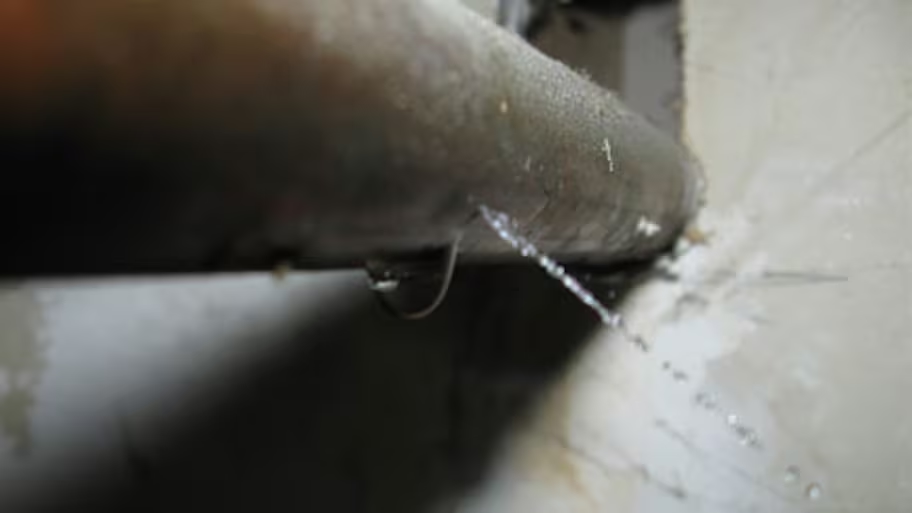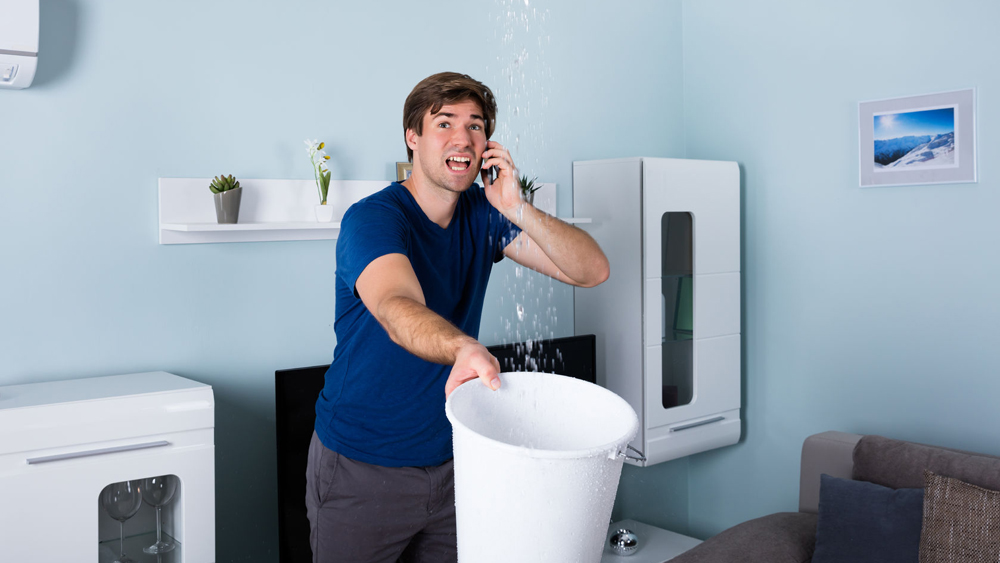6 Most Common Origins of Water Leaks in Your Home: A Guide
6 Most Common Origins of Water Leaks in Your Home: A Guide
Blog Article
The article listed below about Common Water Leaks In House is relatively interesting. You should investigate for yourself.

Leaks not only create waste of water yet can likewise trigger unnecessary damage to your residence and also advertise unwanted organic development. However, water leakages could go undetected given that a lot of the pipework in our home is hidden. By looking and understanding for daily circumstances that create leakages, you can secure your house from future leaks as well as unnecessary damages. Today, we will certainly take a look at six leakage triggers that may be triggering your pipes to leak.
Instant temperature level changes.
Severe temperature level changes in our pipes can trigger them to expand as well as contract suddenly. This expansion as well as tightening may create splits in the pipes, specifically if the temperature are below freezing. It would be best if you watched on how your plumbing functions. The existence of the previously pointed out circumstances regularly indicates a high danger.
Rusty water systems
As time passes by, your plumbing system ages and deterioration such as rust might begin eating away the pipelines. This could be the cause of discoloration or warping on your pipes. This asks for an inspection with your plumber instantly. If our plumbing system is old, take into consideration replacing the pipes because they go to a greater danger of corrosion than the newer models.
Faulty Pipeline Joints
The point at which your pipes link is often the weakest link in the waterline. Pipe joints can degrade with time, resulting in water leakages. The bulk of pipeline joints are not conveniently noticeable. If you have loud pipelines that make ticking or banging sounds, particularly when the warm water is switched on, your pipe joints are most likely under a great deal of pressure. It is a good idea to have your plumber check your system yearly.
Encroaching origins
Many water leaks begin outside the home rather than inside it. You might see damp patches or sinkholes in your yard, and that might suggest that tree roots are getting into water lines causing water to seep out.
Poor Water Connectors
Sometimes, a leakage can be caused by loosened hose pipes and also pipes that supply your home appliances. Generally, moving is what causes the loosened water Connections. You could discover when it comes to a cleaning maker, a pipe might spring a leak because of shaking throughout the spin cycle. In case of a water links leakage, you may see water running directly from the supply line or pools around your appliances.
Clogged Drains
Blocked drains pipes might be aggravating and inconveniencing, yet they can in some cases wind up causing an overflow resulting in break pipes. Keep eliminating any materials that might drop your drains that can clog them to prevent such aggravations.
All the above are root causes of leaks yet not all water leaks result from plumbing leakages; some leakages could come from roofing leaks. All leakages must be fixed instantly to prevent water damages.
Leakages not just cause waste of water but can likewise trigger unneeded damages to your residence and also advertise undesirable natural development. By looking and comprehending for daily scenarios that trigger leaks, you can secure your residence from future leakages and also unneeded damages. Today, we will certainly look at six leak triggers that might be triggering your pipelines to trickle.
At times, a leakage can be created by loose hose pipes as well as pipes that supply your appliances. In situation of a water connections leak, you might see water running straight from the supply line or pools around your home appliances.
Tell-Tale Signs of a Water Leak
The Sound of Running Water
If you’re hearing water running, your first step should be to check your faucets, toilet valves, and outdoor spigots. If everything if status quo, take an exact reading of your water meter and don’t use the water for a few hours. Then, take another meter reading. If there has been no change, that means water is not running (and maybe it’s time to have your hearing checked!). If the reading has changed, however, this indicates that water is indeed flowing and you most likely have a leak.
Wet or Damp Floors
You’re walking across your carpet and suddenly squish—your sock is soaked! The dog doesn’t look guilty and your child swears they didn’t spill anything. That means you’re likely looking at sewer leakage. Now, it’s easy to just soak it up with a towel and call it a day; however, this won’t stop the leak. Ignoring the problem allows moisture to build up, ultimately causing mold or mildew. Not only is this smelly, it can be very toxic and harmful to children, the elderly, pets, and those with weak immune systems. Don’t risk the health of your home and your family—call in a professional to take care of the problem.
Foul Odors
If there’s an unpleasant smell in your home and you can’t locate the source, don’t just light a candle or spray some Febreze. Funky smells are often due to mold and mildew, which spread fast under ideal conditions (optimal temperature and level of humidity). Growth begins within about 24-48 hours, and spores start to colonize in 3-12 days, becoming visible to the eye within about 18 days. If you think the odor is leak-related, get a plumber out as soon as possible to mitigate damage from rapid fungi growth (and rid your home of the foul odor).
Overgrowth in the Lawn
Unless you didn’t fertilize your lawn evenly, a lush patch of grass in a select area of your lawn, or concentrated wet spots, indicate pipe leakage which is acting as a fertilizer. Left untreated, hazardous bacteria in the underground waste will quickly turn into a messy situation, going from lush growth to lawn destruction.
Wall Cracks
Over time, even the littlest of leaks can cause cracks in the foundation of your home and compromise the entire structure. How does it happen? The leak continues hammering away at the same spot in the ground beneath your home, eventually causing it to shift slightly. Now, you’d never feel this shift, but your walls will. This can be a very dangerous situation, so if you’re seeing vertical or diagonal cracking in your walls it’s best to call a plumber right away.
https://www.expresssewer.com/blog/6-telltale-signs-of-a-water-leak-in-your-home

I was shown that article on How to detect water leaks in your home from an acquaintance on our other blog. If you please take a moment to distribute this content if you enjoyed reading it. Thank you so much for going through it.
Additional Information Report this page